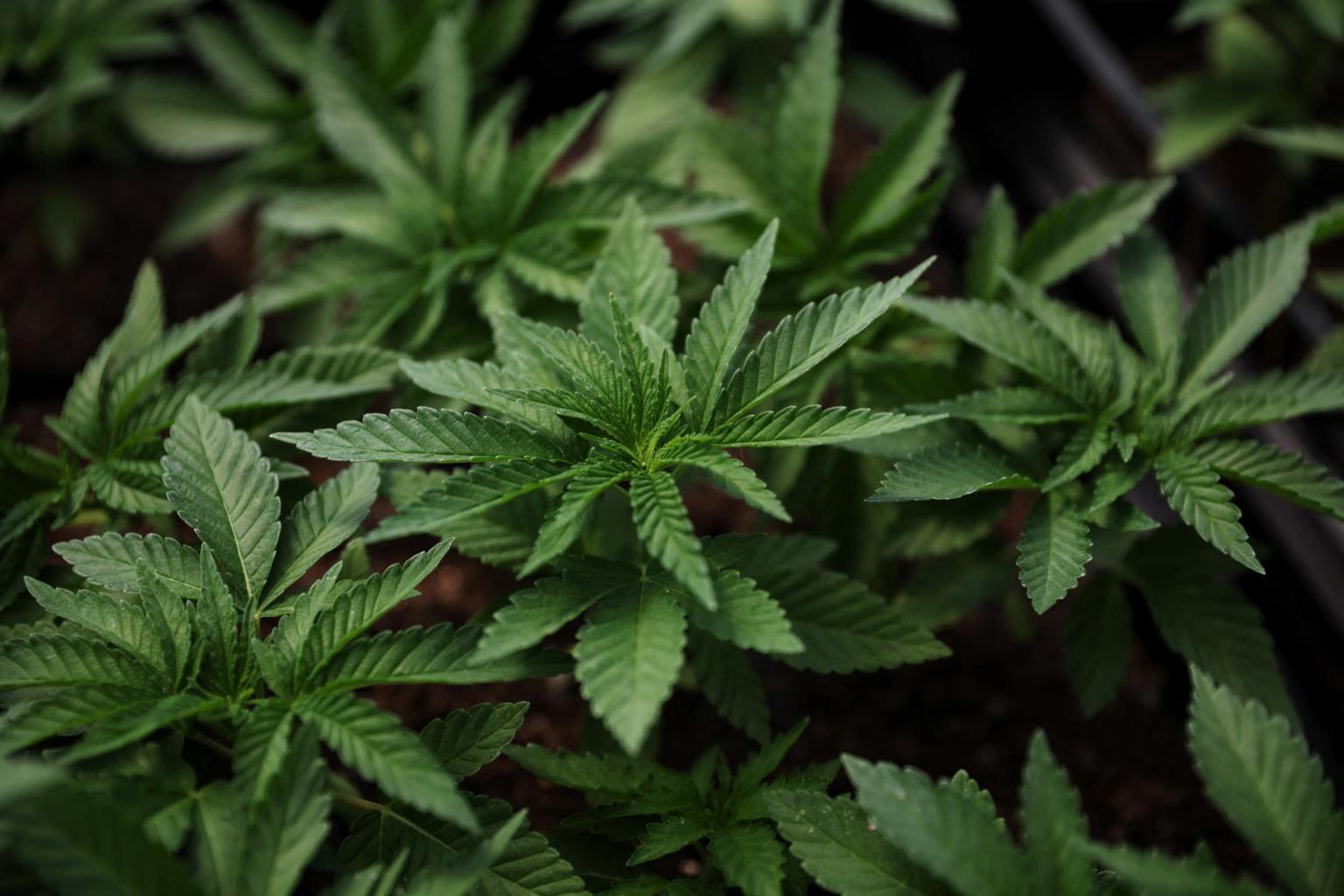Indonesian court rejects call to legalise medicinal marijuana
Sign up now: Get ST's newsletters delivered to your inbox

Advocates of medicinal marijuana had filed the judicial review in 2020.
PHOTO: REUTERS
Follow topic:
JAKARTA (REUTERS, JAKARTA POST/ASIA NEWS NETWORK) - Indonesia's Constitutional Court on Wednesday (July 20) rejected a judicial review of the country's narcotics law that would have paved the way for legalising marijuana for medicinal use, a panel of nine judges ruled.
The review was filed in 2020 by several civil society organisations and three mothers of children with cerebral palsy who had advocated for legalising medicinal marijuana to treat the condition.
The judges said there was insufficient research to justify a ruling in favour of the plaintiffs, but urged the government to “immediately” conduct research on the therapeutic usage of narcotics.
“The court needs to emphasise that the government immediately follow up… The results of which can be used to determine policies, including in this case the possibility of changing the law,” said judge Suhartoyo, who like many Indonesians uses one name only.
The plaintiffs had argued that not being allowed to use narcotics for medical reasons was a constitutional violation of citizens’ rights to obtain health services and benefit from the development of science and technology.
“The court needs to emphasise that the government immediately follow up… The results of which can be used to determine policies, including in this case the possibility of changing the law,” said judge Suhartoyo, who like many Indonesians uses one name only.
The plaintiffs had argued that not being allowed to use narcotics for medical reasons was a constitutional violation of citizens’ rights to obtain health services and benefit from the development of science and technology.
The National Narcotics Agency was sceptical of the push to legalise the drug.
General Sulistyo Pudjo Hartono, the agency's head of public relations, told local media recently that legalising medical marijuana would make the Indonesian strains more lucrative for drug traffickers to peddle, resulting in "an extraordinary increase in crime".
Marijuana is categorised as a Class-1 drug under the 2009 Narcotics Law and is prohibited from being consumed in Indonesia, including for medicinal purposes.
There are two main components in cannabis: THC, or tetrahydrocannabinol, and CBD, or cannabidiol. While CBD is a promising, addiction-free option for pain relief, THC is the psychoactive component that causes addiction and is banned by the government.
While some Western countries have begun relaxing restrictions on marijuana in recent years, it is still largely considered to be a dangerous drug in most South-east Asian countries.
Thailand, however, set a precedent in 2018 by becoming the first Asian country to legalise medicinal cannabis. Earlier this year, Thailand further legalised the growing of marijuana and its consumption in food and drinks.
However, the relaxation has resulted in several incidents involving adults, and even children as young as three, receiving treatment for symptoms due to cannabis consumption, prompting pushback from medical professionals and child welfare groups.
The backlash has forced the authorities to enact piecemeal laws to temporarily close the current legislation gap on the plant.
“The Constitutional Court has only shifted the responsibility to the government by asking the government to immediately conduct research,” said Mr Yosua Octavian, from the Legal Aid Institute, a civil society group involved in the case.
“The point has been rejected… So people who use marijuana for health reasons in Indonesia will continue to be punished.”
The issue has recently gained traction after a mother, Ms Santi Warastuti, whose 13-year-old daughter has cerebral palsy, called for the legalisation of marijuana for medical research on a busy street in downtown Jakarta.
The 43-year-old mother went viral after she held a placard on a crowded thoroughfare that read: “Help, my child needs medical marijuana.”
The 43-year-old mother went viral after she held a placard on a crowded thoroughfare that read: “Help, my child needs medical marijuana.”
Indonesia’s parliament has recently discussed amending the rules governing medicinal marijuana, saying it would undertake a comprehensive study on its benefits.

